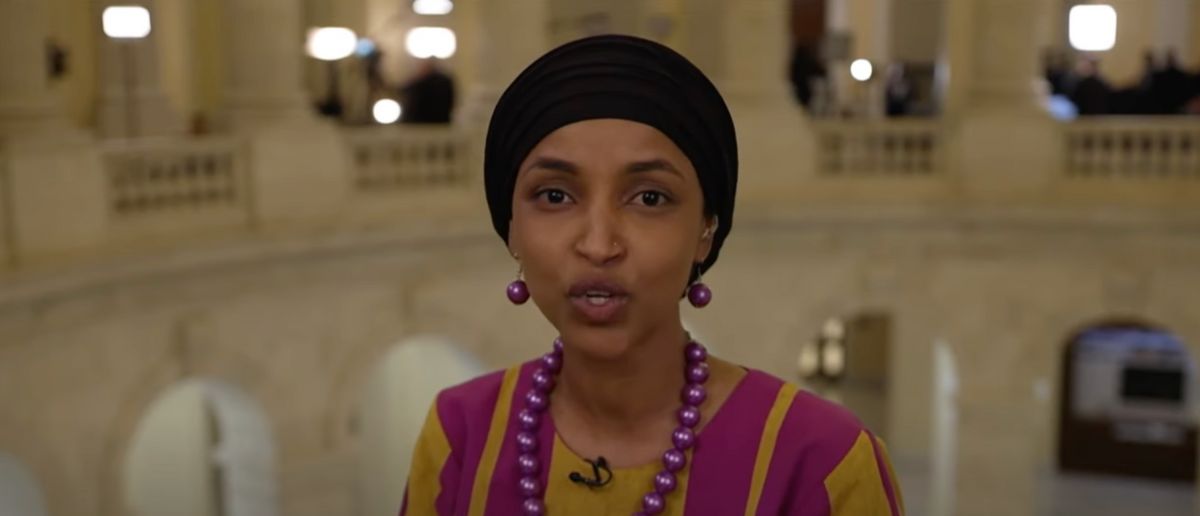
The Left is dropping like flies. And it’s causing major issues.
Now these sudden deaths rattled Congressional Democrats to their core.
House Democrats Face Losses Amid Health Transparency Concerns
The recent announcement of Rep. Gerry Connolly’s (D-Va.) death marks the third passing of a sitting House Democrat this year, raising questions about health transparency and candidate selection within the party. These losses have shifted the balance of power in the House, amplifying concerns about the risks of ailing candidates running for office.
It is possible to both mourn the deaths of recently passed Democratic members of Congress and acknowledge that there is a fundamentally broken incentive structure in the party when it comes to aging,” a Democratic congressional staffer told the New York Post.
The recent string of deaths has left Democrats grappling with the implications of candidates with known health issues continuing to hold critical seats.
Impact on House Majority and Vacancy Challenges
Since March, the House Democratic caucus has lost Rep. Sylvester Turner (D-Texas), 70, Rep. Raul Grijalva (D-Ariz.), 77, and now Connolly, 75, all of whom succumbed to various causes, with cancer being a significant factor for most.
These deaths, alongside others, mean all eight recent deaths of sitting lawmakers in Congress have been Democrats, widening the Republican House majority from 220-to-215 at the year’s start to 220-to-212.
The New York Post noted, “Because tiebreakers lose, that means the GOP’s margin of error has increased from two votes to three.” Unlike Senate vacancies, which are often filled by gubernatorial appointees, House seats require special elections, delaying replacements and increasing the GOP’s temporary advantage.
The staffer expressed frustration, stating, “We cannot say that democracy is on the line and then risk control of Congress (or the presidency for that matter) on the fragile medical status of those who the average person on the street would not trust as their Uber driver. Let’s get serious.”
This sentiment reflects growing unease among Democrats about the party’s approach to candidate health and its impact on maintaining legislative control.
Health Disclosures and Party Criticism
Connolly’s death, attributed to rapidly spreading esophageal cancer diagnosed late last year, has reignited scrutiny over Democrats’ handling of health disclosures. Despite his known diagnosis, Democrats appointed Connolly as the top member of the House Oversight Committee.
Progressive journalist Ken Klippenstein criticized this decision, stating on X, “Nothing you can say about Connolly is meaner than his decades-long ‘friends’ on Capitol Hill refusing to stage an intervention when he decided to run for oversight while terminally ill.”
The then-Virginia Democratic Party chair responded, “Delete yourself.” Similarly, Grijalva ran for re-election despite a lung cancer diagnosis and was absent for most votes this year, while Turner’s death was sudden and attributed to natural causes.
These events echo Democratic concerns, intensified by former President Joe Biden’s re-election bid despite questions about his mental acuity, as detailed in the book Original Sin: President Biden’s Decline, Its Cover-Up, and His Disastrous Choice to Run Again.
The book, alongside Biden’s recent prostate cancer diagnosis (later clarified as inaccurate), has fueled discussions about transparency, with Klippenstein and others pointing to a pattern of concealing health issues that could affect leadership and governance.





